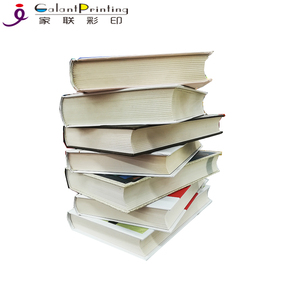Introduction to Hard Philosophy Books
Hard philosophy books offer deep insights into complex ideas that challenge our thoughts and beliefs. These works encompass a range of philosophical theories and doctrines, often considered difficult for casual readers. They engage critical thinking and intellectual curiosity, making them a treasure trove for students, scholars, and anyone interested in exploring the intricacies of human thought.
Types of Hard Philosophy Books
- Classic Philosophy Texts: These include foundational works by philosophers such as Plato, Aristotle, Kant, and Nietzsche. They lay the groundwork for Western philosophical thought.
- Modern Philosophical Treatises: Contemporary philosophers tackle current issues through complex arguments, often addressing ethics, existentialism, and metaphysics.
- Compilations and Anthologies: Collections of essays or excerpts from various philosophers that provide diverse perspectives on specific topics.
- Interpretative Frameworks: Books that analyze and critique philosophical ideas, helping to elucidate challenging concepts for the reader.
Function and Feature of Hard Philosophy Books
- Intellectual Enrichment: Hard philosophy books serve as tools for enriching one's understanding of complex ideas and inquiries about existence, knowledge, and morality.
- Critical Thinking Development: Engaging with these texts fosters critical thinking skills, compelling readers to analyze arguments rigorously and develop their interpretations.
- Discussion Starters: These books often spark meaningful debates among peers, creating opportunities for discourse on significant philosophical concepts.
- Historical Contextualization: Many hard philosophy books provide context for philosophical movements, exploring how historical events influenced the development of thought.
Applications of Hard Philosophy Books
- Academic Study: Essential reading for philosophy students, enhancing their understanding of key figures and ideas throughout history.
- Personal Growth: Individuals seeking to expand their worldview and gain deeper insights into their lives often turn to these works for guidance and reflection.
- Professional Development: Professionals in fields like law, ethics, and public policy may utilize hard philosophy books to cultivate a nuanced perspective on moral dilemmas.
- Club Discussions: Many book clubs and philosophy groups focus on these challenging texts to foster engaging conversations and varied interpretations.
Advantages of Reading Hard Philosophy Books
- Enhanced Logical Reasoning: The structured nature of philosophical arguments sharpens the reader's ability to reason logically.
- Broadened Perspectives: Exposure to diverse philosophical arguments encourages open-mindedness and a broader understanding of varying viewpoints.
- Intellectual Stimulation: Encountering complex ideas provides mental stimulation, often leading to lifelong learning and curiosity.
- Timeless Relevance: Many philosophical dilemmas explored in these texts continue to resonate today, making them relevant across generations.





















































